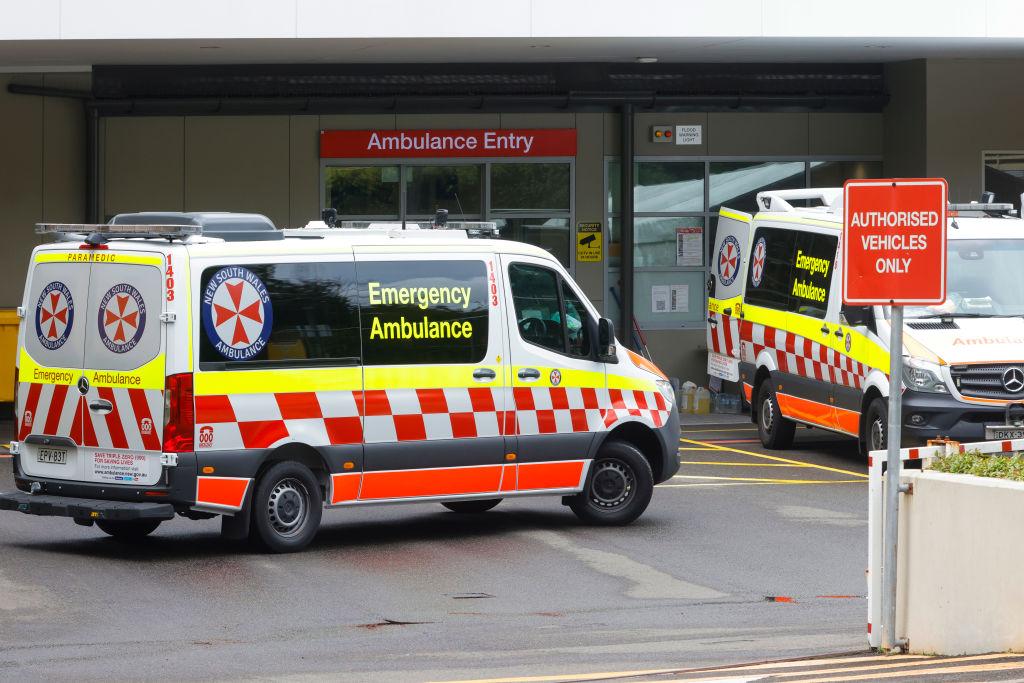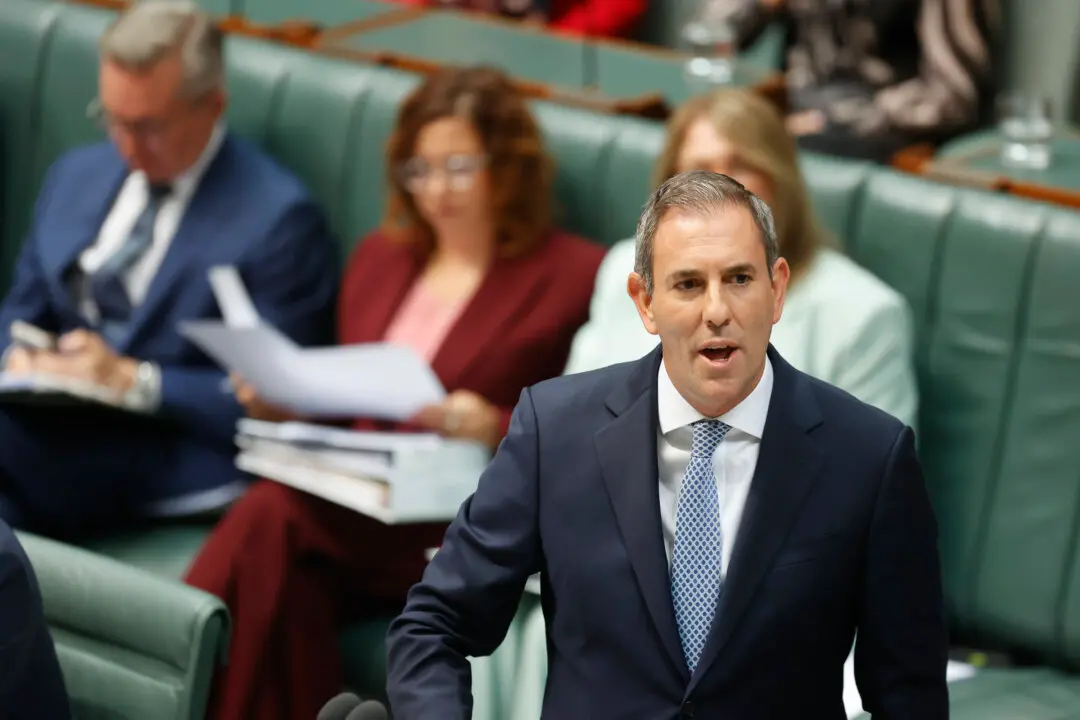Recent data from the Australian Prudential Regulation Authority (APRA) shows individuals are downgrading or abandoning private health insurance due to escalating cost-of-living pressures.
While overall private health insurance coverage increased in 2024, revenue from premiums dropped $52 million in the first half of the year.





